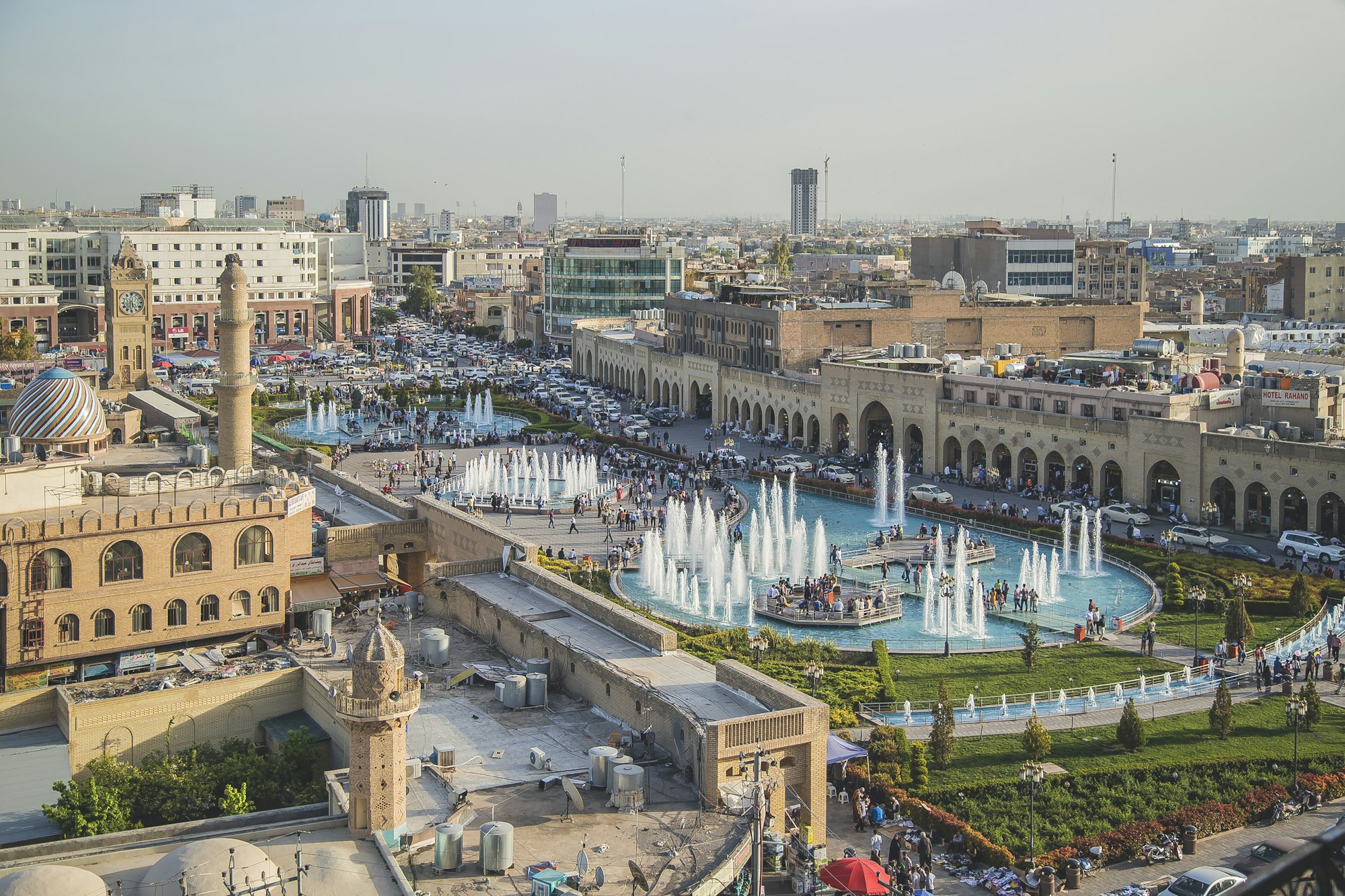Iraq: Exploring Local Culture & Traditions

Exploring Local Culture & Traditions in Iraq
Located in the heart of the Middle East, Iraq is a country with a rich history and a vibrant culture. From ancient civilizations to modern customs, Iraq offers a unique blend of traditions that are sure to captivate any visitor. In this travel guide, we will explore some of the local culture and traditions that make Iraq such a fascinating destination.
1. Mesopotamian Heritage
Iraq is often referred to as the cradle of civilization, as it is the birthplace of the ancient Mesopotamian civilization. Visitors to Iraq can explore the archaeological sites of ancient cities like Babylon, Ur, and Nineveh, which offer a glimpse into the rich history of this region. The impressive ruins of these ancient cities stand as a testament to the ingenuity and advancements of past civilizations.
2. Islamic Influence
Islam is the predominant religion in Iraq, and its influence can be seen in various aspects of daily life. Visitors to Iraq will have the opportunity to visit beautiful mosques that showcase Islamic architecture and experience the call to prayer, which is an integral part of the local culture. It is important to respect and follow Islamic customs while visiting religious sites in Iraq.
3. Traditional Cuisine
Food plays a central role in Iraqi culture, and the local cuisine is a delight for food enthusiasts. Traditional Iraqi dishes are often prepared with fresh ingredients and aromatic spices, creating an explosion of flavors. Some popular dishes to try include "kebab" (grilled meat skewers), "dolma" (stuffed vegetables), and "kubba" (a meat-filled dumpling). Don't forget to savor a cup of Iraqi tea or the famous "qahwa" (Arabic coffee).
4. Hospitality and Social Customs
Iraqis are known for their warm hospitality and welcoming nature. It is common for locals to invite visitors into their homes for a cup of tea or a meal. When visiting someone's home, it is customary to remove your shoes before entering and show respect to the host. It is also important to dress modestly and respectfully, especially when visiting religious sites or attending social gatherings.
5. Traditional Festivals
Throughout the year, Iraq hosts various traditional festivals that celebrate religious, cultural, and historical events. One of the most significant festivals is Eid al-Fitr, which marks the end of Ramadan. During this festive period, families come together to enjoy traditional meals, exchange gifts, and participate in community gatherings. Another important festival is Ashura, a Shia Muslim commemoration of the martyrdom of Imam Hussein. This festival involves processions, mourning rituals, and storytelling.
6. Arts and Crafts
Iraq has a long history of artistic expression, with traditional crafts and arts still being practiced today. Visitors can explore local markets known as "souks," where they can find beautifully crafted rugs, pottery, and intricate metalwork. Traditional music and dance, such as the lively "chobi" dance, are also integral parts of Iraqi culture and can be experienced at cultural events or local gatherings.
7. Calligraphy and Literature
Calligraphy and literature have deep roots in Iraqi culture. Arabic calligraphy, with its intricate designs and elaborate scripts, is highly regarded as an art form. Iraqi literature has produced renowned poets and writers throughout history, with works that have contributed to the Arabic literary canon. Visitors may find calligraphy workshops or literary events where they can appreciate and learn more about these cherished forms of expression.
8. Traditional Clothing
Traditional Iraqi clothing reflects the country's cultural diversity and history. Men often wear "dishdashas" (long white robes) and "keffiyeh" (headdresses), while women may opt for colorful "abayas" or "jalabiyas" (loose-fitting robes). The traditional dress varies among different regions and communities, showcasing the richness of Iraq's cultural tapestry.
9. Sports and Recreation
Iraqis enjoy a variety of sports, with football (soccer) being the most popular. Joining a local match or cheering for one of the Iraqi football clubs can be an exhilarating experience. Additionally, traditional sports like camel racing and horse racing are cherished traditions that showcase the country's connection to its nomadic past.
10. Nature and Landscapes
While Iraq is primarily known for its cultural heritage, it also offers breathtaking natural landscapes. From the lush marshlands of southern Iraq to the majestic mountains of the Kurdistan region, nature enthusiasts will find plenty to explore. Visit Lake Dukan for a peaceful retreat or venture into the Zagros Mountains for trekking and hiking adventures.
Wrap Up
From its ancient heritage to its captivating traditions, Iraq offers a cultural experience like no other. Immerse yourself in the local customs, taste the flavors of traditional cuisine, and admire the artistic expressions that have shaped Iraqi culture. Whether you are exploring archaeological sites or sipping tea with friendly locals, Iraq will leave an indelible mark on your travel memories.
